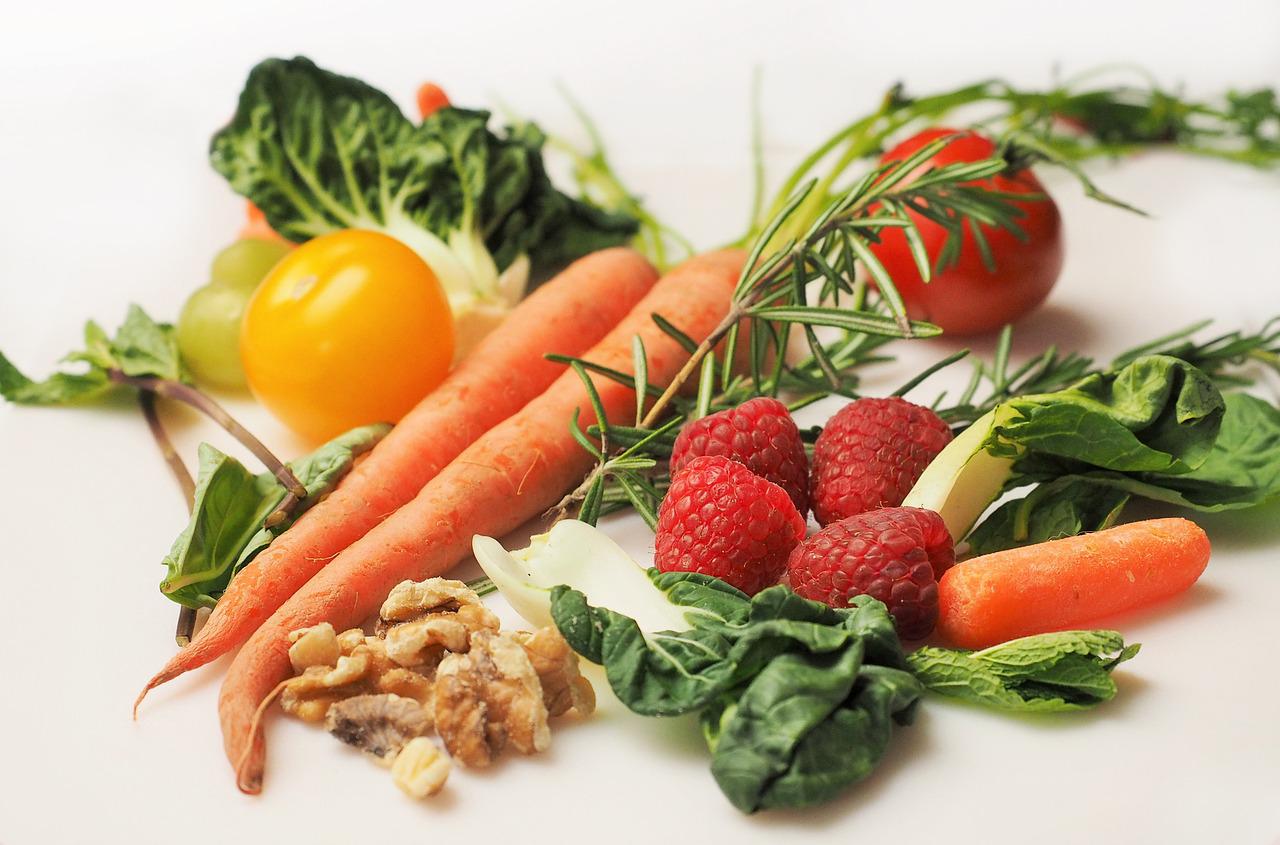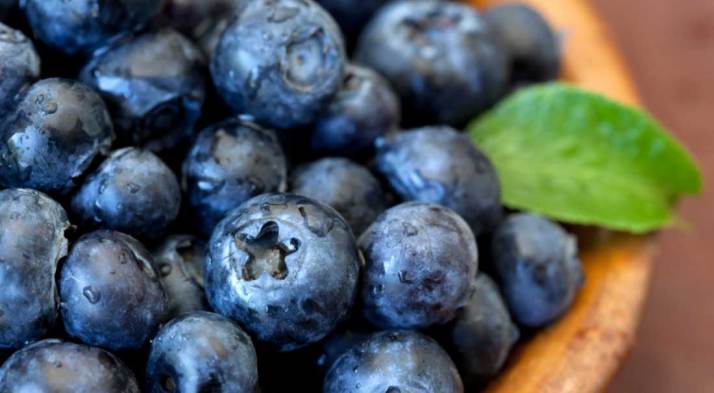
What are antioxidants?
Antioxidants Phytochemicals and Free Radicals 150 -162
God gives plants the ability to produce chemicals known as phytochemicals which protect the plant against diseases and free radicals.
Recent research has indicated that these chemicals can protect humans against disease as well.
These substances are known as micronutrients such as vitamins and minerals. They also include antioxidants, enzymes and other phytochemicals.
Antioxidants
Anti: means against, or in opposition to, or corrective in nature. So what exactly do antioxidants oppose and correct? The name ‘antioxidants’ indicates the mechanism by which they prevent disease and premature aging.
Inside your body, millions of processes are take place all the time. These processes require oxygen. Unfortunately, that same life giving oxygen can create oxidants which cause cell damage and lead to disease. Just as oxidation
creates rust, causing a breakdown on the surface of inanimate objects, oxidation inside the body causes a breakdown of cells. The free radicals we discussed above are produced by this breakdown attacking healthy cells, DNA as well as proteins and fats. This chain of events weakens the immune system and also speeds up the aging process, thus linked to several diseases.
Antioxidants, or anti-oxidation agents, reduce the effect of dangerous oxidants by binding together with these harmful molecules, decreasing their destructive power. Antioxidants can also help repair damage already sustained by cells.
What are antioxidants?
The word antioxidant refers to oxidants fighters or scavengers of free radicals. Antioxidants are certain nutrients, minerals, phytochemicals, herbs, and enzymes that counteract the harmful effects of free radicals on the body. Many antioxidant enzymes are produced by the body for example: glutathione peroxidase, and certain sulfur-containing amino acids and proteins. Others come from the food we eat as in the case of phytochemicals which function as antioxidants. These include certain nutrients such as vitamins E, C, A, minerals, enzymes, carotenoids, certain fatty acids and herbs.
Antioxidants operate like an army protecting the body against danger caused by free radicals. They are the soldiers that defend the cell by destroying or immobilizing the bad guys (free radicals). They either stop the formation of free radicals or they disable them before they damage cells. Antioxidants move throughout the body looking for free radicals and they neutralize them by donating an extra electron to the free radical thus rendering it inactive and in most cases, both the free radical and the antioxidant are removed from the body.
There is clear evidence that those who eat plenty of fruits and vegetables have lower rates of certain types of cancer and other degenerative diseases. Therefore if the body is supplied with the needed antioxidants, it will keep itself healthy and free of disease. It is only when there are too many free radicals in the system (due to the antagonists) that your defense systems will get overwhelmed thus leading to serious degenerative diseases.
In most cases, signals like headaches, fever and pains may occur. It is important to be in touch with your body and listen to the early warnings. If attended to in time, you will be able to defeat the free radicals just by increasing your antioxidant rich foods like dark green vegetables, red tomatoes, yellow and orange fruits, some good oils, sprouted grains, organic eggs and etc. However, you may need to use certain supplements in order to increase the antioxidants to optimum level.
Studies with smokers have provided dramatic demonstrations of the power of vegetables and fruits. It is believed that a smoker whose diet is low in vitamin C has a 25{891a5681f0bc32265372dbd2463e6cefea901f03f275f16c5adce366b4a55218} risk of dying of lung cancer in the next 25 years.
But if the smoker has a high intake of vitamin C, either through diet or supplements, his risk drops to 7 {891a5681f0bc32265372dbd2463e6cefea901f03f275f16c5adce366b4a55218}. This difference is due to the antioxidant effects of vitamin C. Other studies with children with brain tumors found that their mothers had less vitamin C during pregnancy, than other women who had subsequent amounts of vitamin C.
There is therefore a continuous need for antioxidants. This is why a daily supply of all the antioxidants from a variety of foods is essential. These antioxidants are highly specialized in their work so we cannot depend on one to do the work of the other. For instance, beta carotene is one of the “quenchers” for singlet oxygen (a potent free radical produced in our bodies). Likewise, glutathione peroxidase, selenium, and vitamin E are powerful quenchers of the hydroxy radical. Also, the minerals copper, manganese and zinc act with superoxide dismutase (an antioxidant enzyme produced by the body) to quench the superoxide anion (another potent free radical);
Therefore in brief, antioxidants
- Destroy the free radicals that damage cells and the cell walls and eventually the DNA.
- Repair the damage caused by free radicals
- Promote the growth of healthy cells.
- Protect cells against premature and abnormal aging.
- Help fight age-related macular degeneration.
- May help prevent cholesterol from damaging linings of your arteries.
Provide excellent support for the body’s immune system.
Contribute to protection against disease and prevention of disease.
Some common antioxidants include certain enzymes, vitamins, minerals and other phytochemicals.




